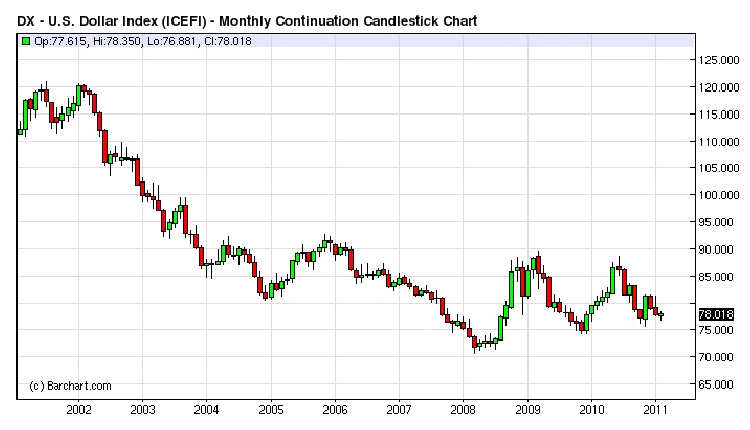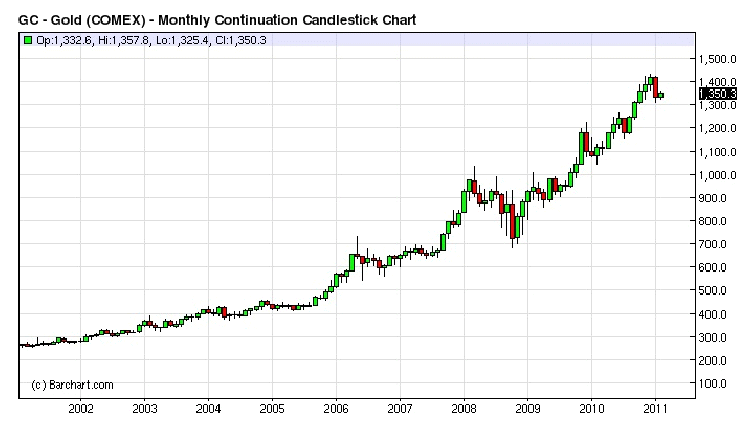Editor, The One-handed Economist
8 February 2011
Certainly deceit is a vital part of survival. We know from nature, without cunning and deceit, the stalking lion goes hungry; the octopus changes its color, blending into the background to evade predators. This natural behavior allows the species to live for another day; life, and the species, goes on.
Some lies people put forward are crimes. Perjury or lying under oath is a crime. In fact, it is a felony that carries a 5-year prison sentence if one is judged to have lied to the FBI or to Congress. Making a false statement to a police officer is a misdemeanor.
But when the government lies to its citizens, few prison sentences have resulted. And the US government lies to us all the time. In fact, officials lie so often, and in so many ways-- print, speech, social media, reports, alerts and images-that people are lulled into believing The Big Lie. This is not just another conspiracy theory; the evidence is all around us. The government is stealing our wealth and freedom with every lie it utters.
For example, one would think that the Federal Reserve, the US Treasury and the Department of Labor work to safeguard the value of US currency and enhance prosperity of US citizens. These are important agencies of the government; their leaders must be confirmed by the US Senate. But the vetting process does not prevent the Fed chairman from understating the money supply or the Department of Labor from grossly understating the inflation rate. These measures are linked. That is, excess liquidity causes prices to rise. The Fed has added an unprecedented $2.3 Trillion to the money supply over the last three years. At his first press conference last week Chairman Bernanke maintained that inflation is "controlled at very low levels."
The Bureau of Labor Statistics keeps the books on inflation. According to its January 14, 2011report, the Consumer Price Index (CPI) rose 0.5% in December, and 1.5% for the trailing 12 months. But embedded in the low increase are many "offsets" that on inspection are pretty flimsy. For example, 23.9% of the CPI index is made up of what is considered "owner's equivalent of rent." This is one of the largest percentage items in the entire basket of goods that make up the CPI. Until the early 1980s, the CPI used the asset price method (You Get What You Pay For) to measure the change in the costs of owner-occupied housing. The new measure is subjective; the value of the rent that a given property might fetch is typically a much lower value.
In another example, the BLS takes credit for "productivity savings" for higher performance consumer goods, such as laptop computers, that sell for about the same price as those purchased one or two years prior. The consumer cannot spend the "savings", but the BLS subtracts the value from the consumer survey results.
The most egregious BLS whopper is how it accounts for food and fuel prices. It doesn't. It removes food and fuel components from the CPI, and calls the smaller number the "Core CPI" on the weak excuse that food and fuel prices are too volatile, that is, they tend to rise (or fall) too quickly to fit neatly into economic models. When was the last time food or fuel prices declined too quickly for any consumer?

Intentionally misrepresenting the magnitude and rate of change if the money supply and price inflation debases the currency and imposes a "secret inflation tax" on everyone holding US Dollars and dollar denominated securities. As the chart on the right indicates, the US Dollar has lost 35% of its value in the last ten years. Food and commodity prices have skyrocketed here and around the world, contributing in part to popular uprisings in Tunisia, Egypt, Jordan and elsewhere.
US citizens have always had a healthy disrespect for government. The fact is, those in power tend to look out for themselves, opting for policies that support their own re-election rather than enhance the prosperity of their constituencies. Thomas Jefferson wrote that "whenever any form of government becomes destructive" of citizens procuring for themselves "inalienable rights" to "life, liberty, and the pursuit of happiness," then "it is the Right of the People to alter or abolish it." George Washington viewed politicians (and bureaucrats) as necessary evils whose powers must always be minimized. Special-interest politics, which is to say all politics, "are likely, in the course of time...to become potent engines, by which cunning, ambitious, and unprincipled men will be enabled to subvert the Power of the People, and to usurp for themselves the reins of Government." Today, the beltway bureaucrats use deceit and sleight of hand to steal wealth and property from the great unwashed.

But not everyone is taken in by statements from politicians and bureaucrats acting to ensure their own survival. Some of us see the shadows on the walls of the cave for what they are-- the result of real movements kept outside our view. Many of us have learned that skepticism can be profitable. Some of us take advantage of investment opportunities in hard assets such as gold and silver and other commodities to hedge against actual, rather than government-reported inflation. We have avoided fixed income securities that pay negative real interest. And we are wary of big government programs designed to create jobs by spending yet more taxpayer dollars. This strategy is paying off for subscribers to The One-handed Economist, the investment newsletter based on the principles of Austrian Economics. For the last nine years, the newsletter's Model Conservative Portfolio has outperformed US Diversified Equity funds as measured by Lipper and published in Barron's. It posted a 66.7% return for 2010. This week we realized a 131% gain from a gold stock trade.

No comments:
Post a Comment